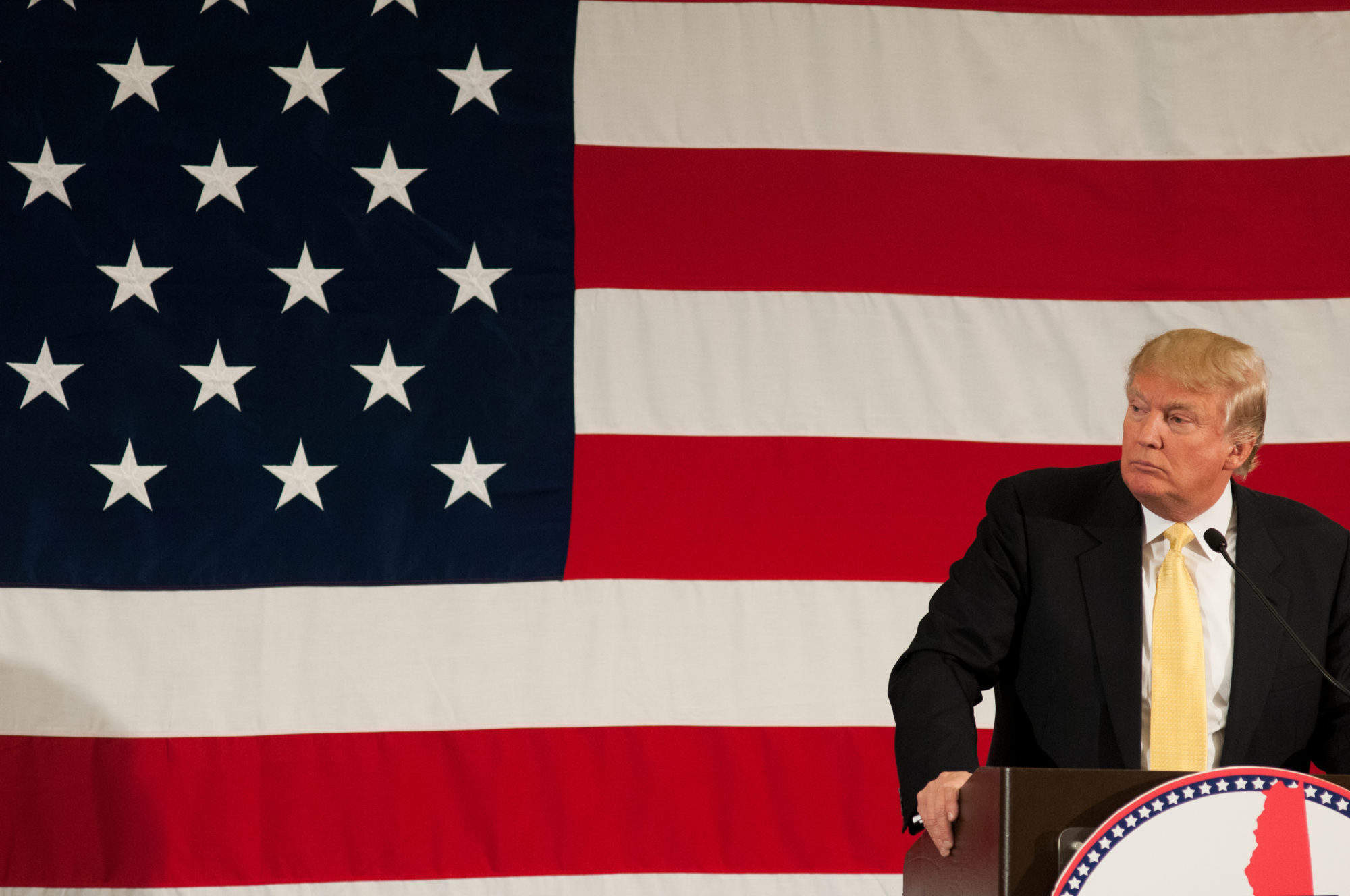
US President Donald Trump is “likely” to pressure the UK to change its pharmaceutical regulations as part of post-Brexit trade negotiations, according to an op-ed published in leading medical journal The Lancet.
The article, which is penned by leading academics from the US and UK, warns that the UK is ill-prepared to negotiate trade deals with the US. It raises concerns that the UK Government will give way on pharmaceutical regulations in exchange for a deal that is more favourable in other areas.
Amid protests over his UK visit, Trump created uncertainty over the UK’s trading relationship with the US after he told The Sun that Prime Minister Theresa May’s Brexit plan would “probably kill” any trade deal with the US.
The President seemed to change his stance at his press conference with Theresa May this afternoon, however, saying that a transatlantic trade deal is “absolutely possible” with a soft Brexit.
The current state of pharmaceutical purchasing in the US and UK
Currently, the UK Government negotiates with pharmaceutical companies to set prices. The National Institute for Health and Care Excellence (NICE) then determines whether a drug is a cost-effective option for the NHS.
By contrast, the US does not regulate or negotiate the prices of prescription drugs when they come onto market, leaving drugmakers free to set their own prices. Many experts believe that this contributes to the US’s high drug prices, which are among the highest in the world.
How well do you really know your competitors?
Access the most comprehensive Company Profiles on the market, powered by GlobalData. Save hours of research. Gain competitive edge.

Thank you!
Your download email will arrive shortly
Not ready to buy yet? Download a free sample
We are confident about the unique quality of our Company Profiles. However, we want you to make the most beneficial decision for your business, so we offer a free sample that you can download by submitting the below form
By GlobalDataSupporters of pharmaceuticals’ freedom to set their own prices argue that price controls reduce profits and deter investment.
In May 2018 Trump published a blueprint titled American Patients First to address these concerns. However, the report said that Trump’s policy is “explicitly targeted at maintaining or increasing pharmaceutical company revenue”.
Lobby groups also have extensive powers in the US, with a lobbying disclosure released in January revealing that Pharmaceutical Research and Manufacturers of America (PhRMA) spent $25.4m lobbying the US Congress.
Pharmaceutical share prices spiked after Trump’s announcement of the policy.
Trump drug prices: passing the cost on to UK
Trump has argued with his American Patients First policy that foreign governments are free-riding off the back of US research and development.
Unveiling the new policy, President Trump said:
“As we demand fairness for American patients at home, we will also demand fairness overseas. When foreign governments extort unreasonably low prices from US pharmaceutical companies, Americans have to pay more to subsidise the enormous cost of research and development.”
The Lancet op-ed warned that this is an attempt to pass the cost on to countries:
“By shifting the economic, political, and social costs of policies made in the USA onto America’s trading partners, the Trump Administration can show voters that they are doing something about high drug prices while providing benefits to pharmaceutical companies and sympathetic campaign donors.”
Direct-to-consumer advertising
Barriers to trade in pharmaceuticals between the USA and the UK are low, but the two countries have very different regulatory approaches. The US, for example, is one of the few countries in the world to allow direct-to-consumer drug advertising.
Although regulated by the FDA, US pharma companies are free to market product claims directly to patients.
In 2008, 22 of the 27 EU member states voted against proposed legislation that would have allowed limited “information to patients” to be provided.
When negotiating trade agreements with Australia and South Korea, the US pushed for the removal of restrictions on direct-to-consumer advertising. Both countries succeeded in maintaining some safeguards.
“Anyone who watches television knows these ads are pervasive,” Michelle Mello, professor of law and professor of health research and policy at Stanford University, told Drug Watch.
“Anyone who studies them knows they are contributing to the cost of prescription drugs by encouraging patients to request physicians to prescribe more costly branded medications where cheaper alternatives are available.”
The op-ed also warned that the UK would struggle to negotiate with a country the size of the US. Until recently, the UK did not have a fully functioning trade ministry.
“It is naive to think that the UK could get a deal with the USA on better terms than EU member states bargaining collectively can,” said the op-ed.
The Lancet op-ed concluded that it “seems likely that the USA would pressure the UK during future trade negotiations to make changes to the way it regulates pharmaceuticals.”






